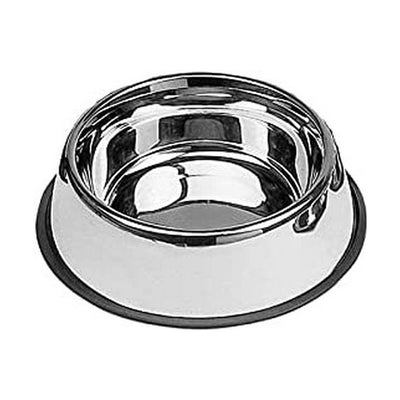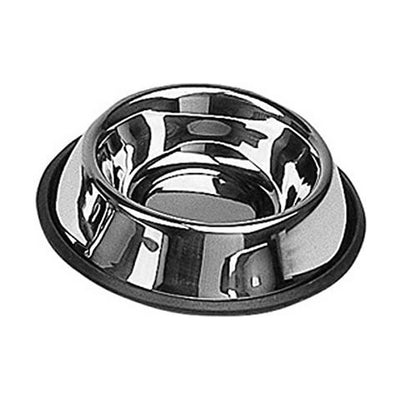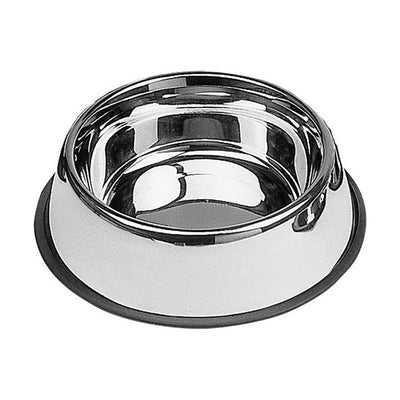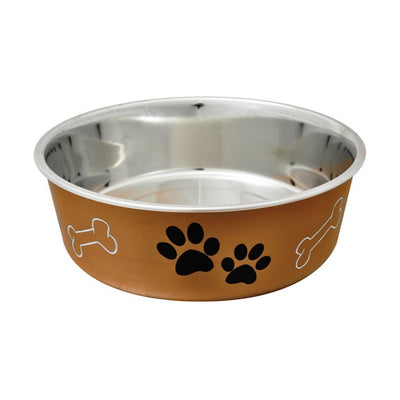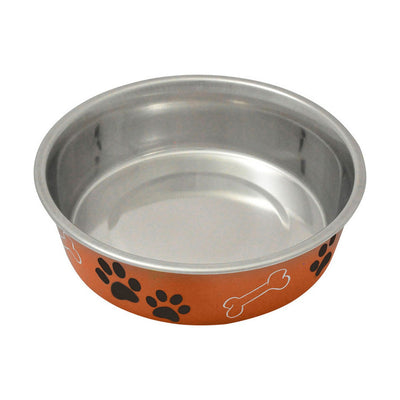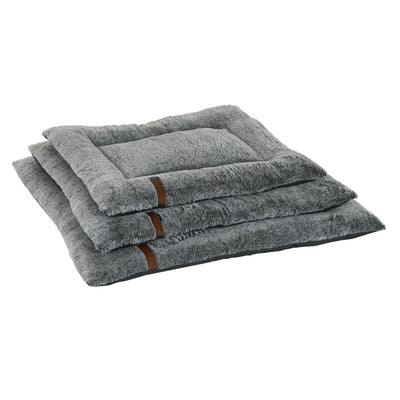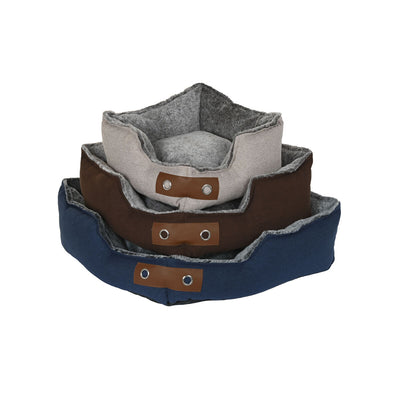
Small animals
Small Pets: Your Guide to Companionship on a Small Scale
Small pets such as hamsters, rats and guinea pigs are becoming increasingly popular among individuals and families seeking the joy of companionship without the space and commitment that larger animals require. These tiny creatures bring warmth and entertainment to your home, making them ideal for various living situations.
Popular small pets
People choose small pets for a variety of reasons, including their size, low maintenance, and unique characteristics. Here are some of the most popular small animals kept as pets:
1. Hamsters
Known for their adorable appearance and nocturnal habits, hamsters are relatively easy-care solitary creatures.
2. Rats
Contrary to popular misconceptions, rats are loving and intelligent companions. They are social animals that thrive on interaction.
3. Guinea pigs
These gentle herbivores are known for their vocalizations and social nature. Guinea pigs are best kept in pairs or groups.
4. Gerbils
Similar to hamsters, gerbils are small, burrowing rodents with a playful nature. They are social animals that enjoy the company of their own kind.
5. Mice
Mice are curious and energetic creatures, which makes them entertaining pets. They are sociable and get along well in same-sex pairs.
Create a comfortable environment
Ensuring a comfortable and stimulating environment is critical to the well-being of small pets. Here's what you need to keep in mind:
- Enclosure
Choose an appropriately sized cage or tank with good ventilation for your pet. Different species have different space requirements. Therefore, find out about your pet’s needs.
- Bedding
Provide your small pet with a comfortable and safe surface. Materials such as paper-based bedding or aspen shavings work well for different species.
- food and water
Provide a balanced diet tailored to your pet's type. Fresh water should always be available. For specific nutritional recommendations, consult a veterinarian.
- Toys and enrichment
Keep your little pet mentally stimulated with toys and activities. Objects like tunnels, wheels, and chew toys tap into their natural instincts.
How to care for a small pet
Caring for a small pet involves more than just providing basic amenities. Here are some general guidelines:
- Regular health checks
Schedule regular veterinary exams to ensure your pet's health and detect any potential problems early.
- Social interaction
Many small pets thrive on social interaction. Spend plenty of time playing with and treating your pet to build trust and strengthen the bond.
- Clean living space
Provide a clean living space for your small pet. Clean and disinfect the enclosure regularly to prevent health problems.
- Watch for signs of illness
Watch for signs of illness such as behavioral changes, lethargy, or difficulty eating. See a veterinarian immediately if you notice anything concerning.
frequently asked Questions
Can I keep several small pets together?
It depends on the type. While some, like hamsters, are best kept alone, others, like rats and guinea pigs, thrive in pairs or groups.
How long do small pets live?
Lifespan varies depending on the species. Hamsters typically live 2-3 years, while rats and guinea pigs can live 4-8 years with proper care.
Do small pets need to be vaccinated?
Most small pets do not require vaccinations like cats or dogs. However, regular veterinary check-ups are essential for preventive purposes.
How do I introduce a new small pet to its environment?
Gradually get your pet used to the new environment and initially offer him a quiet and safe place. Take your time to adjust.
What should I do if my little pet stops eating?
Loss of appetite is a problem. Consult a veterinarian immediately to identify and address any underlying health problems.
Can I train my small pet?
Yes, many small pets, especially rats and mice, can be trained using positive reinforcement. Start with simple tricks and be patient.
How often should I clean my pet's enclosure?
The frequency depends on the pet and the size of the enclosure. Generally, you clean the bedding weekly, remove trash, and deep clean the enclosure monthly.
Are small pets suitable for children?
Small pets can make great companions for children, but adult supervision is crucial to ensure gentle handling and proper care.

